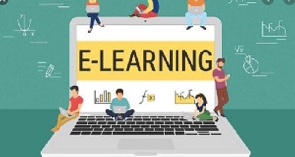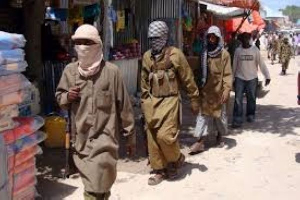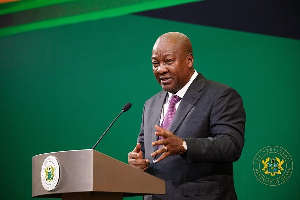The COVID-19 pandemic, indeed, has changed the way of life of all and sundry since the outbreak at the Wuhan Province in China last year.
The effect has been dire and the educational sector has not been spared as more than three million pupils have had to stay home as part of measures by the Government of Ghana to contain the virus.
These have been difficult times for children who rely solely on classroom education.
There have been pockets of online educational initiatives including Ghana Learning Radio with support from donors.
Specifically, these e-Learning studies have been developed in response to the closure of over 25,000 primary schools nationwide due to the Covid-19 global pandemic.
However many more children in rural areas are, unfortunately, left behind due either to lack of access to electricity or telephone reception.
In areas where there is electricity, some parents do not own a television or radio set for children to use to monitor lessons. Just like many developing countries, not all communities in Ghana have access to the required facilities to harness the power of information technology to meet economic, social, educational and development objectives. However the Community Information Centres (CICs) have come in handy to bridge the gap.
CICs are shared information and communication facilities for people in rural and isolated areas.
They range from a one-room facility providing a narrow range of services to facilities that provide training and development-oriented services.
Generally, CICs can be classified into two broad categories - those with a purely commercial orientation, and those with a community/education service orientation.
Mr Andrew Ofosu-Denkyi, the Educational Technical Programme Manager at World Vision Ghana, speaking in an interview with the Ghana News Agency, said the COVID-19 pandemic has curtailed the education of about three million children living at the fringes of the country who depend on schools for learning.
“Most of the children who live in rural areas do not have the full complement of teaching and learning materials and the right teachers due to their location. COVID-19 has made their situation worse,” he stated.
To bridge the gap, the World Vision Ghana (WVG) has taken a number of initiatives and one of them is the use of the Community Information Centres to reach pupils with lessons just as was done in the classroom.
As a typical reading lesson for class four, children are seated at home at exactly 1000 hours with their books and listen to a teacher read stories to them.
Mr Ofosu-Denkyi noted that the WVG is implementing the ‘Library in the Box’ project, which some 30,000 children in 23 districts including Afram Plains in the Kwahu North, Krachie West in the Oti Region, and Upper Dankyira in the Central Region, are benefiting from.
Volunteers have been trained to assist the children in reading lessons.
As a measure to respect the social distancing protocol, the children are divided into clusters and take turns to visit the premises of the CIC aside listening in at home. The Ghana Education trained and accredited teachers go through reading, writing and arithmetic programmes with the children.
Under this innovation, parents have agreed to allow their children a specific period in the morning and afternoon to participate in the lessons.
That aside, parents support their children and monitor them to ensure they are seated and follow through to the end of the lessons.
Benedicta Boahemaa, a class four pupil at Monkra, a community in the Krachi West District, is happy to have gotten the chance to take lessons again after a long break.
“I was worried when our teachers asked us not to come to school again. Now I have the opportunity to learn. My reading skills have improved since I began studies,” she said.
Forty-five year old Catherin Kosoe, a resident of Monkra, says; “Since it began, I noticed that this method is very good and I can see improvement in my children’s learning. I have set up a table and a chair in the house so as soon as the learning time is up I call them to go and sit.”
Madam Kosoe, Benedicta’s mother, expressed satisfaction with the sit-in sessions at the CIC, adding that teaching and learning were always effective.
“As a result of some challenges, I did not get the opportunity to go through the formal education but realizing the importance of education, I have made it a point to ensure that all my children are educated to the highest level,” she added.
The World Health Organisation is urging leaders to take steps to be innovative and live with the virus as efforts are underway to get a vaccine.
Mrs Joyce Larnyoh, Country Director for International Child Development, says to progressively transition into the new norm and to achieve the Sustainable Development Goals Four, government, as a special intervention to reach children, should scale up the CIC learning initiative.
She suggested to the Government to explore the option of supporting poor people with radio sets to enable their children to participate in learning sessions.
For community members, Mrs Larnyoh who is the Convenor for SDG Goal Four, is of the view that community members should volunteer their television and radio sets to be used by children in rural communities to learn.
Opinions of Saturday, 11 July 2020
Columnist: Albert Oppong-Ansah, GNA















